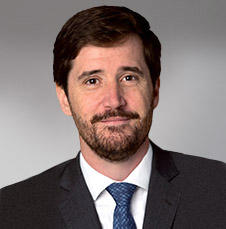A leading player in ecological solutions, Veolia continues Hong Kong's ecological transformation and the regeneration of its resources, following the award of a historic €2 billion contract to dispose of the city's non-hazardous waste. With a presence in Hong Kong for over 30 years and more than a thousand employees, the Group is working locally to decarbonize the city's activities through multiple contracts in water, waste and energy, to accelerate the local ecological transformation.
Veolia, a player in decarbonization in Hong Kong
In China, Veolia operates in all of the Group's business lines for its industrial and municipal clients, in major cities and in the provinces, to meet their objectives for growth, sustainable development and decarbonization of their activities. Particularly in Hong Kong, where the Group has been present for over 30 years, Veolia supports its customers in activities that are at the heart of the city's sustainable development objectives: resource conservation, environmental protection, waste recycling and storage, and sustainable economic and social development.
In Hong Kong, Veolia contributes fully to environmental preservation, decarbonization and resource regeneration to enable the city to achieve its ambitious goals of carbon neutrality by 2050.
Veolia, a player in decarbonization in Hong Kong
In China, Veolia operates in all of the Group's business lines for its industrial and municipal clients, in major cities and in the provinces, to meet their objectives for growth, sustainable development and decarbonization of their activities. Particularly in Hong Kong, where the Group has been present for over 30 years, Veolia supports its customers in activities that are at the heart of the city's sustainable development objectives: resource conservation, environmental protection, waste recycling and storage, and sustainable economic and social development.
In Hong Kong, Veolia contributes fully to environmental preservation, decarbonization and resource regeneration to enable the city to achieve its ambitious goals of carbon neutrality by 2050.
Hong Kong, the sustainable city par excellence
Veolia is involved in the wastewater treatment and its reuse for agricultural, industrial or drinking water production purposes. To meet the city's growing needs and local challenges, the Group has notably built the world's largest sewage sludge treatment plant to ensure energy-efficient treatment of the city's sewage sludge.
Thus, since 2016, Veolia has been treating the sewage sludge of Hong Kong's 7 million inhabitants thanks to T-Park, a giant plant that is entirely self-sufficient in water and electricity. This world first, a benchmark in the world of water, enables Veolia to design the sustainable city of tomorrow and set Hong Kong as an example to follow internationally.
Each day, 1,200 tonnes of sewage sludge from Hong Kong's 11 wastewater treatment plants are treated at this emblematic plant built by Veolia. A testament to Veolia's expertise, this site of excellence no longer discharges any wastewater, and converts sewage sludge into electricity, offering a completely clean ecological solution to one of the most difficult urban pollutions to treat.
Turning waste into a resource and source of renewable energy, this facility is fully in line with the Group's ambition to decarbonize, regenerate and depollute resources, working together to bring about ecological transformation.
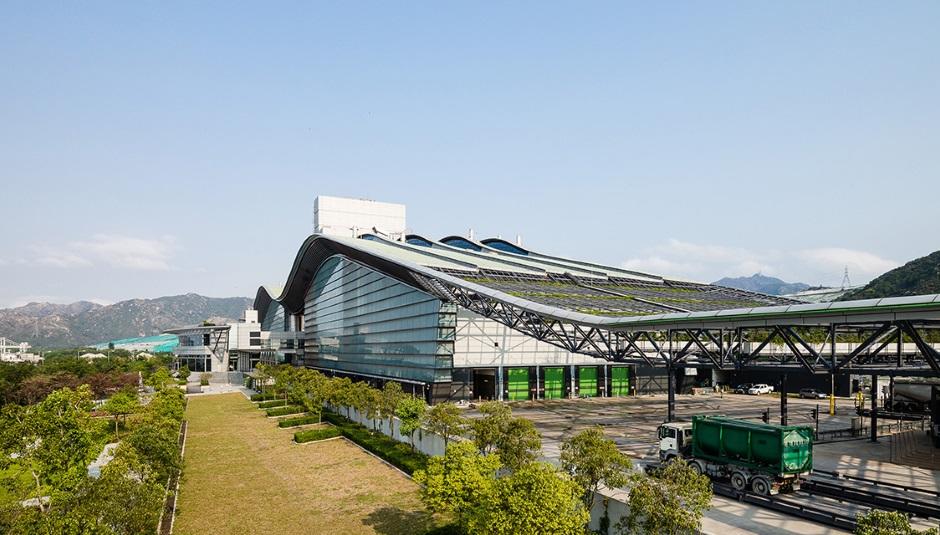
Regenerating local resources...
Veolia also treats part of the city's non-hazardous waste. In 2022, the Group processed 5.9 million metric tons of non-hazardous waste in Hong Kong. But Veolia isn't stopping there, and has just announced the construction of a state-of-the-art non-recyclable waste storage site to optimize methane capture and thus avoid the emission of 10 million tonnes of CO2 over twenty years.
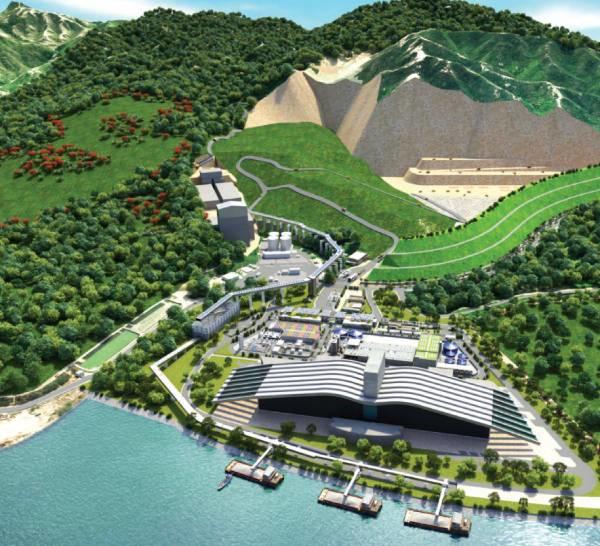
The largest landfill for non-recyclable waste managed by Veolia in Hong Kong, it will be able to process up to 90 million tonnes over the next twenty years, while guaranteeing a methane capture rate of 90%. This project will enable Hong Kong to reduce its carbon footprint and meet its ambitious target of carbon neutrality by 2050. In this way, WENTX will help avoid around 10 million tonnes of Scope 4 CO2 emissions.
This virtuous project in terms of the circular economy will capture and transform methane into green electricity to cover 100% of the site's energy needs.
Surplus biogas can be exported to the municipal grid in the form of electricity or town gas. As a project that generates local resources, the rock from the site will also be used by Hong Kong's construction industry, thus avoiding the need to import it.
"We are very proud to be undertaking this formidable project, which is part of a sustainable, less carbon-intensive future for Hong Kong. It is a major step in the ecological transformation of a region aiming to achieve carbon neutrality by 2050. Applied to waste management in a territorial circular economy, our ecology of solutions is at the service of this fine ambition," commented Estelle Brachlianoff, Veolia's Managing Director.
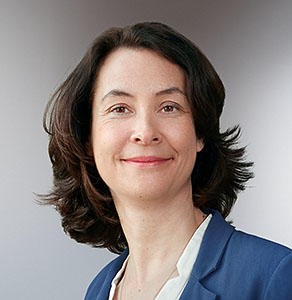
... to the creation of local energy loops
Lastly, Veolia creates local energy loops through cooling or heating networks, as in Kai Tak, Hong Kong's former airport zone, where the Group works daily to reduce CO2 emissions on behalf of municipal clients, by recovering and preserving resources.
Hong Kong District Cooling DHY Joint Venture (HKDC JV), a joint venture in which Veolia is responsible for operations and management (O&M) for a period of 8+8 years. The launch of this project marked a significant milestone, as it is the very first public district cooling system (DCS) in Hong Kong.
The new Kai Tak development comprises a mixed-use complex of offices, shopping malls, hospitals and schools. The facility uses seawater water as a cooling medium, replacing traditional air-cooling methods for the air-conditioning system. A total cooling capacity of 81,000 TR, it helps to reduce energy costs, heat island effect and the environmental carbon footprint of the Kai Tak development.
The action levers we are committed to in Hong Kong
Decarbonization
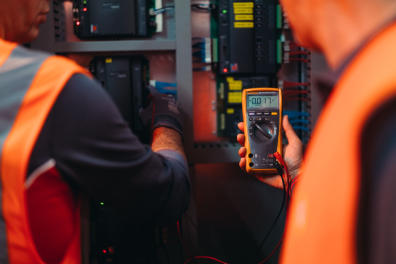
To achieve zero net emissions, energy self-sufficiency and respond to the climate emergency.
Economy & regeneration of resources
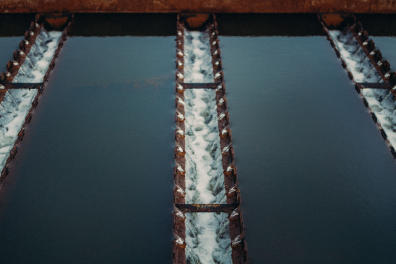
To reduce the strain on strategic supplies and implement more efficient and circular usage of resources.
Depollution
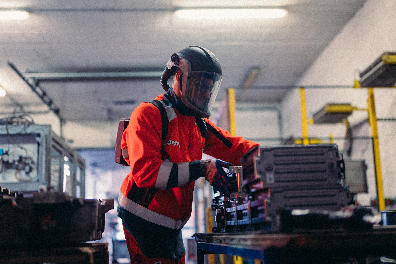
To protect biodiversity and the health of populations and minimize the impact of human activity in the various environments (water, air, soil).
Read also: Veolia, the leading ESG* company for meeting environmental challenges
ESG*: Environmental, social and governance criteria.
Christophe Maquet, Director of the Asia-Pacific Zone, explains: Veolia puts all its expertise at the service of its Hong Kong clients to build a more sustainable city. Thanks to the ecology of solutions that combines our smart technologies, our digital tools, but also our international know-how in water, energy and waste, we are able to apply models of sobriety, inclusiveness and resilience to guarantee a better city for all Hong Kong residents.
